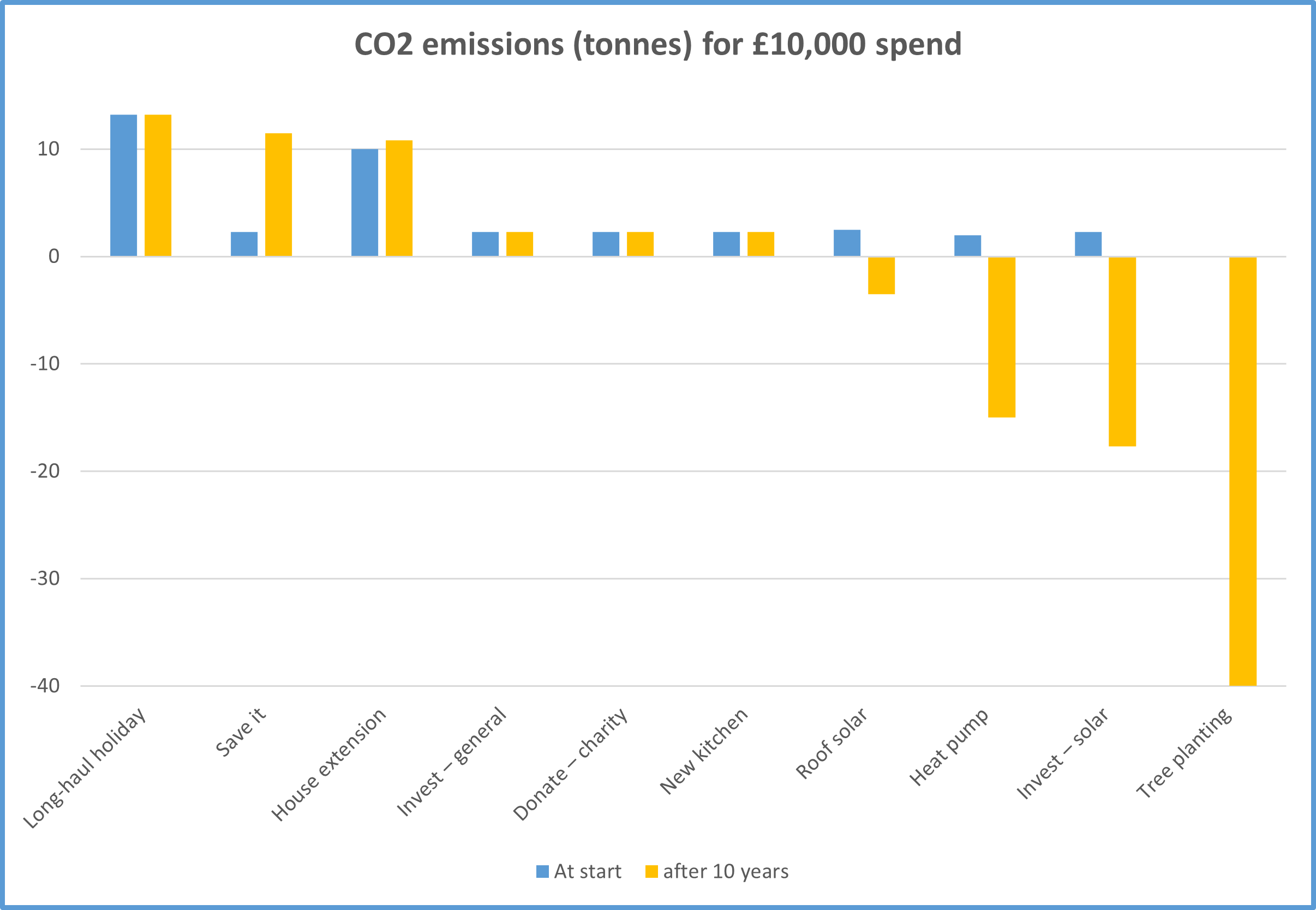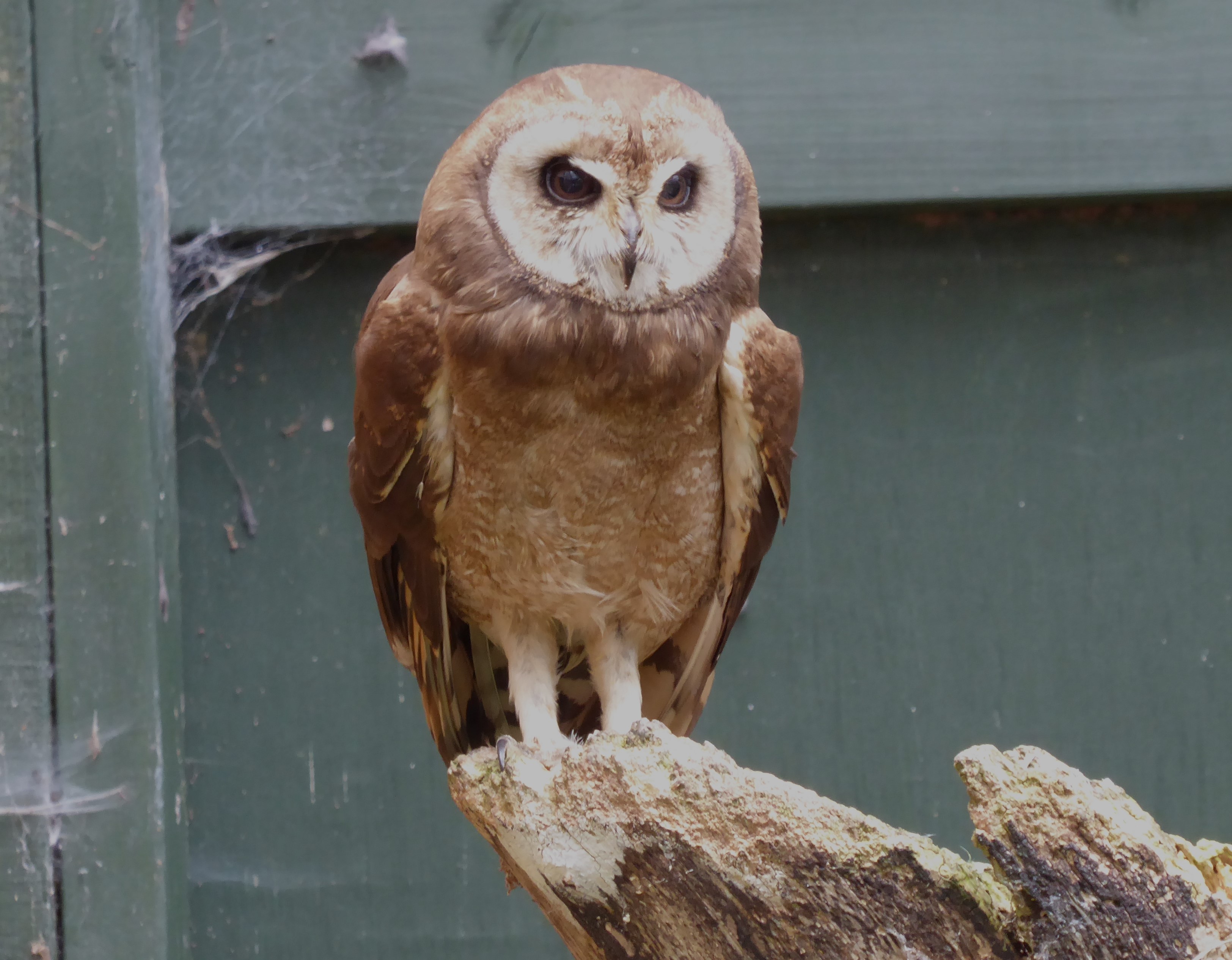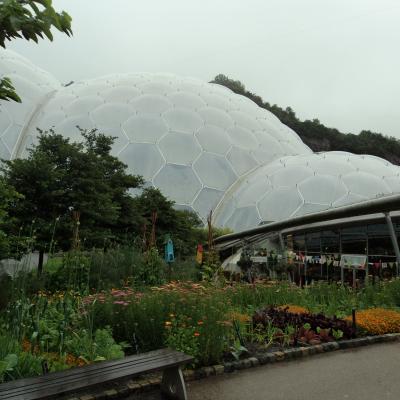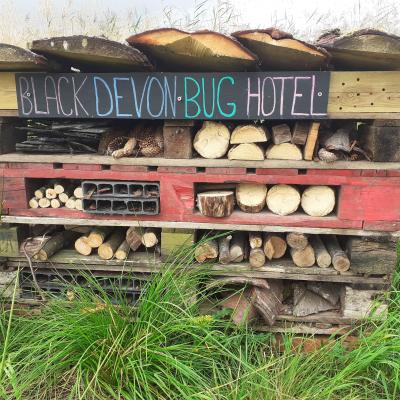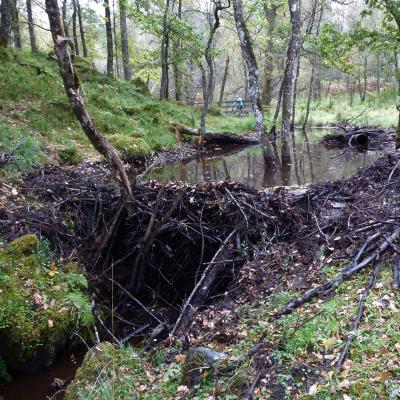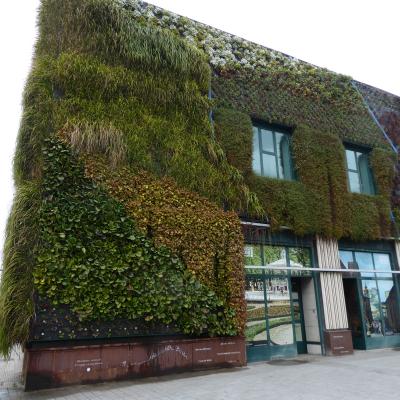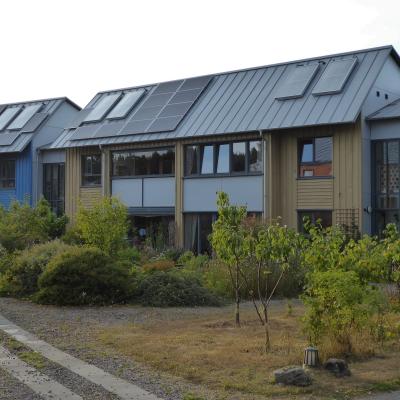Climate change is predominately caused by our emissions from energy. Our emissions of energy are predominately caused by our consumption of goods, services and our demand for travel.
An average person brought up in American emits 160 times that of a person who happens to live in Malawi. Europe and North America account for 16% of the world’s population but emit 46% of global emissions. Then within countries, the affluent emit far more than the average person - finding ever more 'ingenious' ways to burn fossil fuels - SUVs, speed boats, long-haul flights and buying the latest fashion clothes and electronic goods.
The Global Footprint Network estimates that if everyone on our planet consumed the same as the average Briton, we would need three planet Earth’s to provide enough food, water and minerals to maintain our lifestyles. Affluent people are drowning in 'stuff'. We fill our cupboards, our attics, our garages; some even pay to store stuff out with their homes. We are over consuming with no limits.
For most people, Christmas (like Easter and Halloween) has become a festival of consumption, or over consumption. This applies to physical goods (presents) but also to our eating and drinking habits. All products require resources and energy to produce. These may be 'natural' resources such as wood or human made products from oil, gas, metals and minerals mined from the ground. Almost all cause environmental damage but usually hidden from us far away, often in developing countries. It is the vast scale of this consumption that is the problem along with the waste caused. How many presents are never used or used once then thrown out to landfill? How much single use plastic is used in packaging and wrapping presents? Even most sticky tapes use plastic, then cause problems at recycling plants. Most glitter is made from plastic - and manufacturers stick glitter onto greeting cards making them unrecyclable. Most Christmas crackers are unrecyclable too.
So, what can you do:
- agree with friends and relatives to buy less or donate to charity instead
- buy second hand, refurbish
- buy quality goods that will last (and maybe goods with long guarantees)
- buy useful presents, perhaps those with an environmental benefit
- minimise wrapping, perhaps use old newspaper and use biodegradable sticky tape
- enjoy Christmas lights (LEDs) but don't try to light up the world
- make your own Christmas crackers, with a thoughtful gift inside
- cook sensibly, avoid food waste, reuse leftover food
- eating and drinking less will help your health and reduce your emissions too!
Carbon Choices
If you have enjoyed this article, you might enjoy my other blogs at http://www.carbonchoices.uk and my book, Carbon Choices on the common sense solutions to our climate and nature crises. An ideal Christmas gift. Available from Amazon. I am donating one third of profits to rewilding projects.

